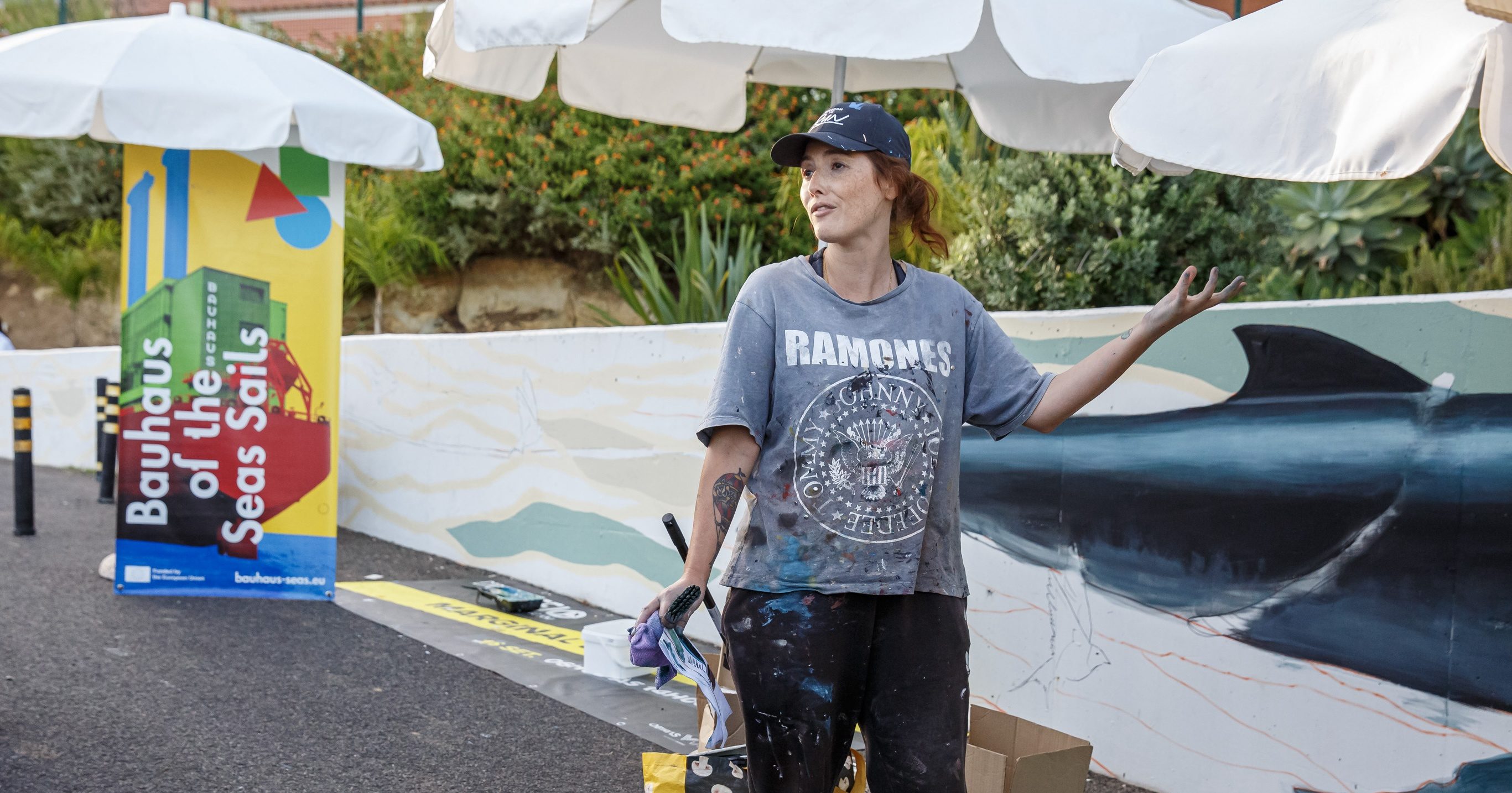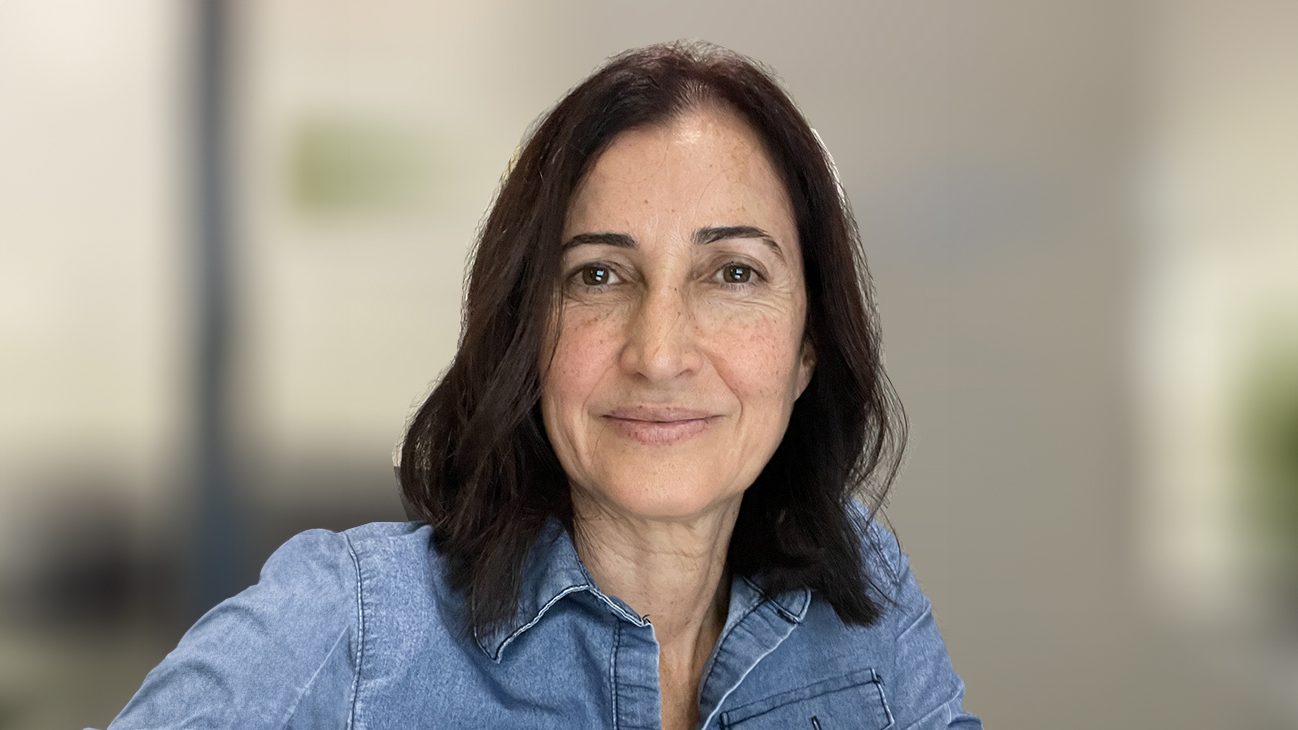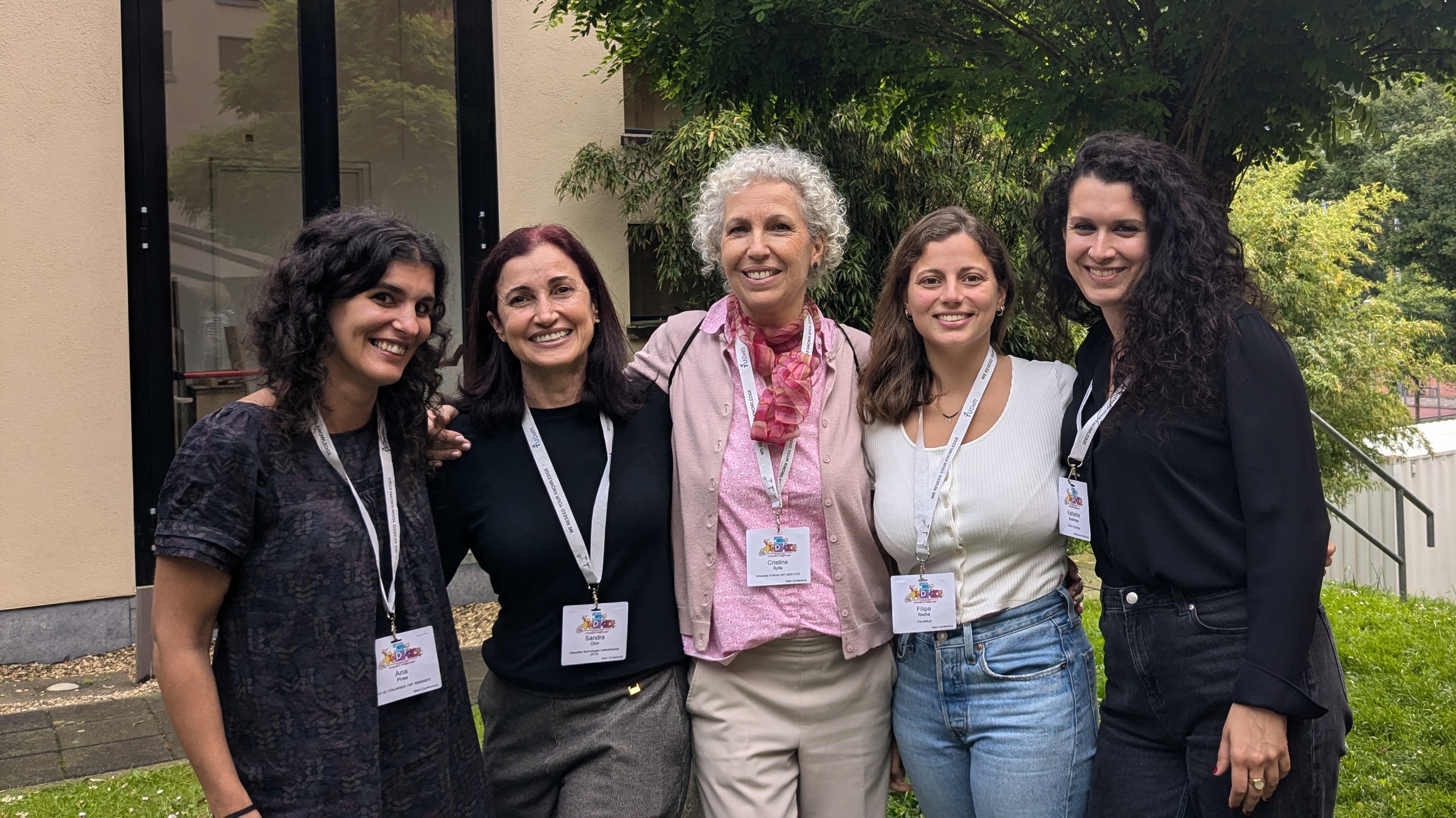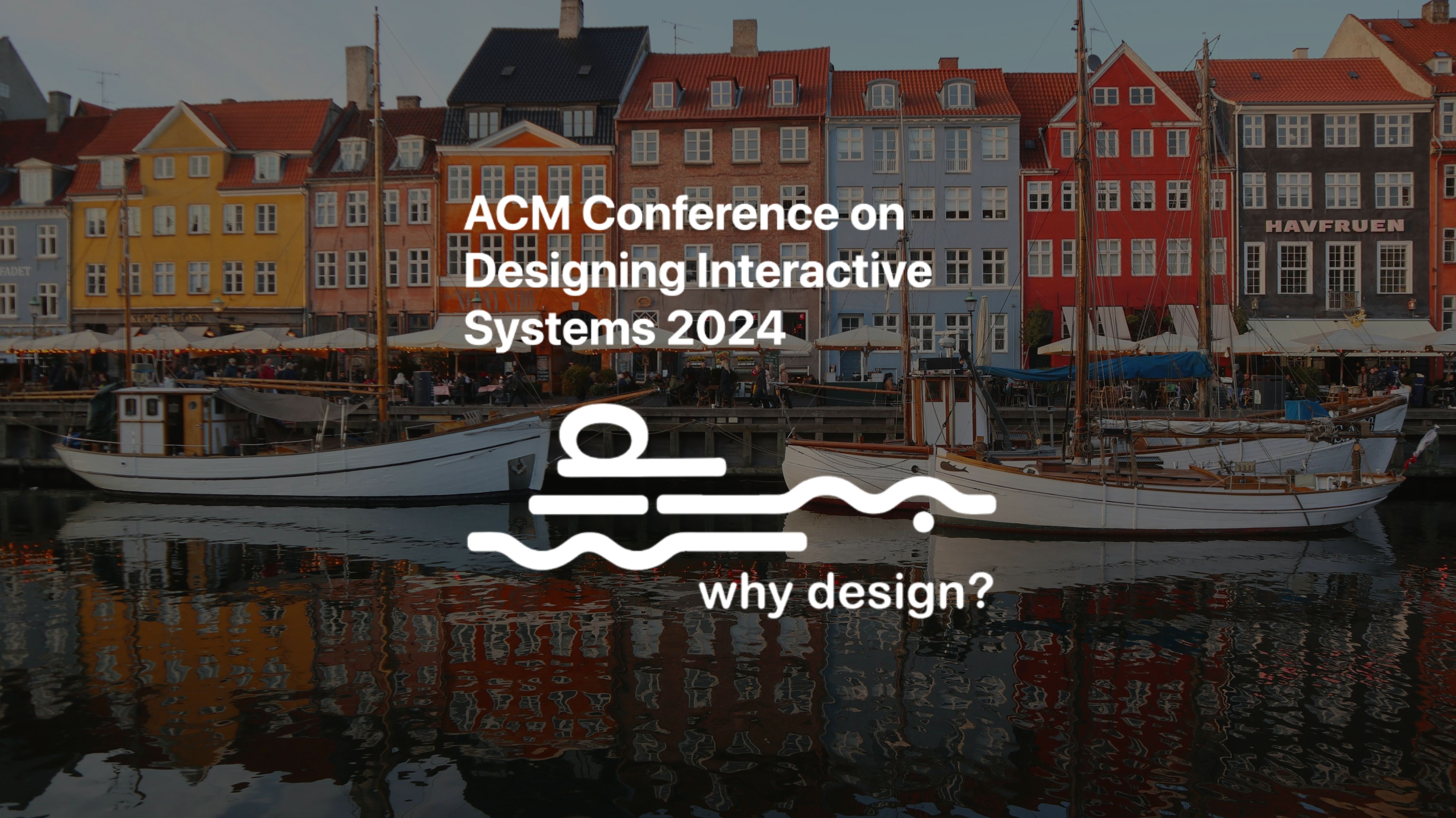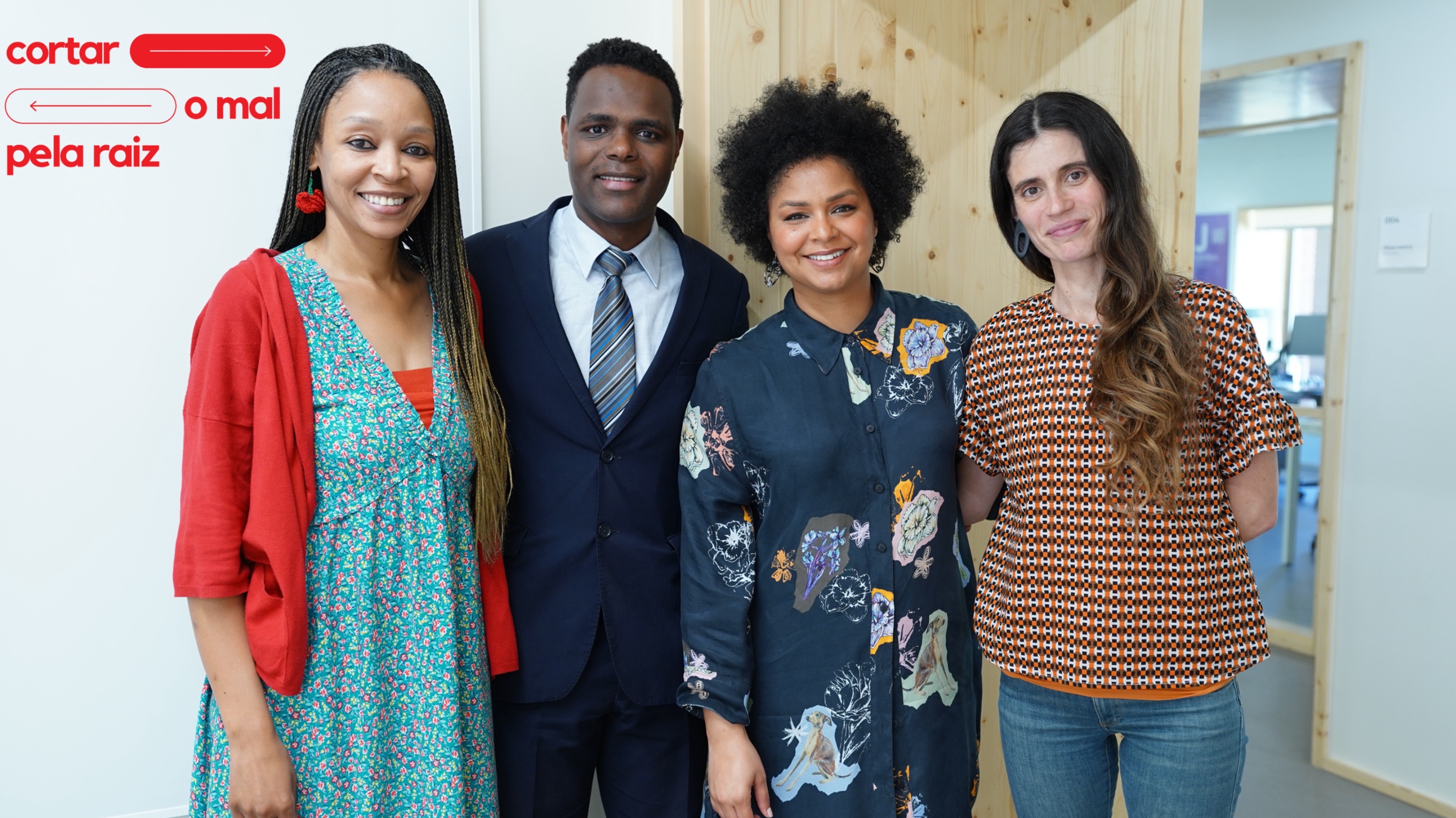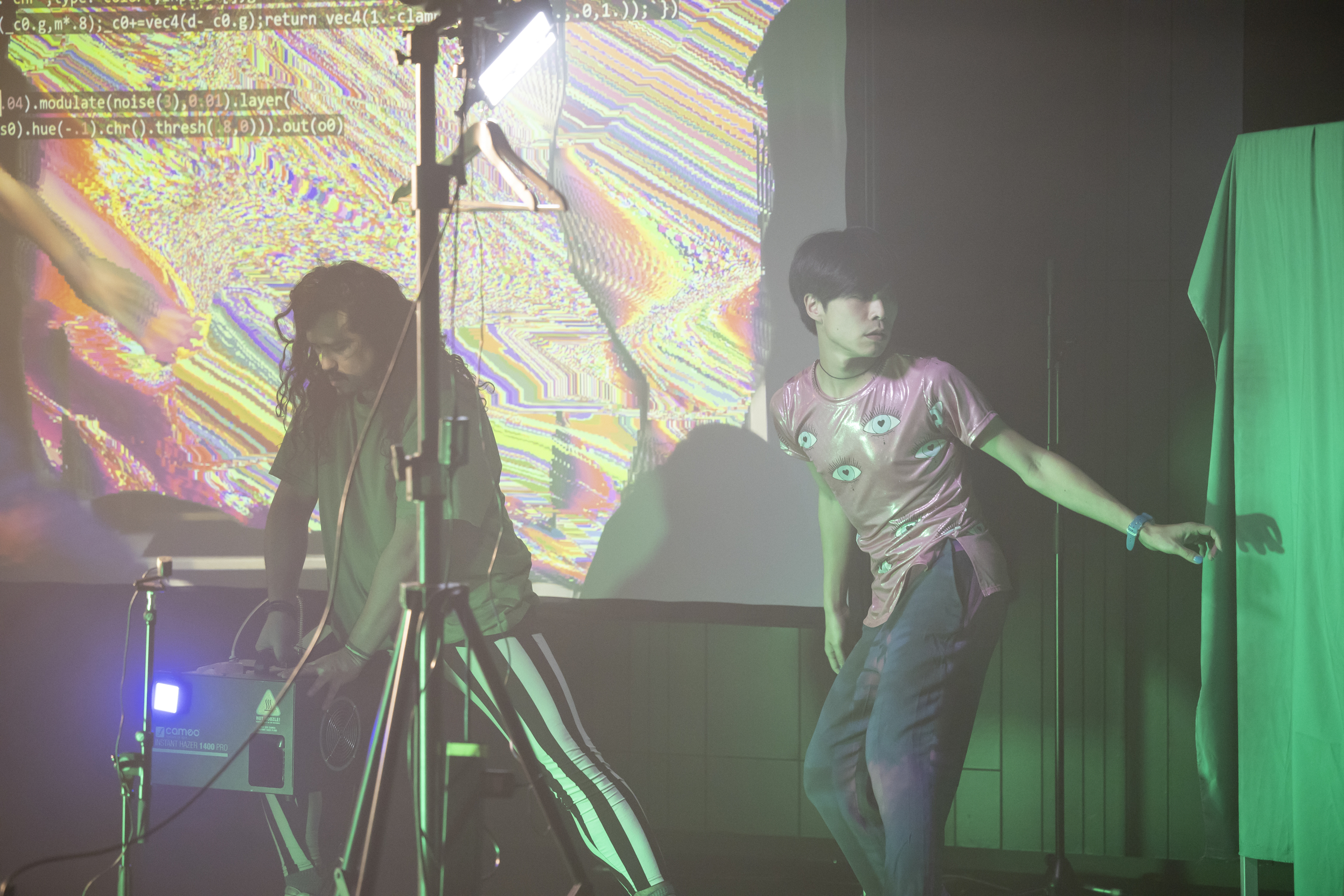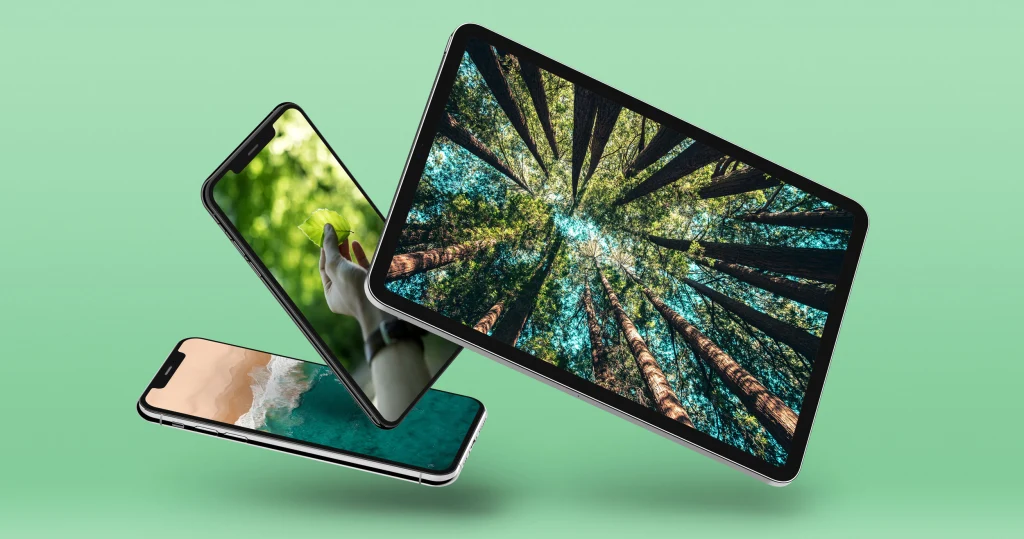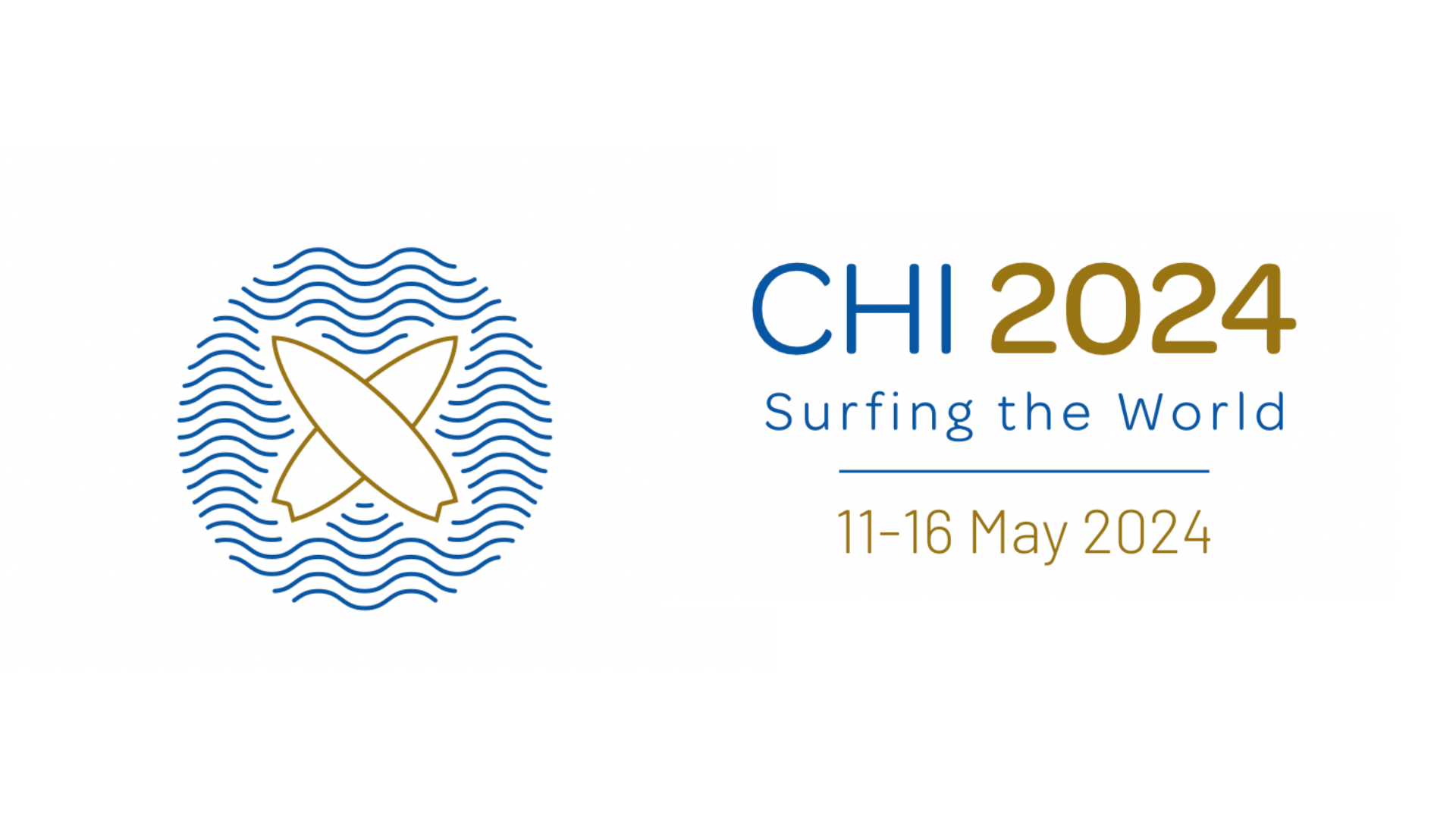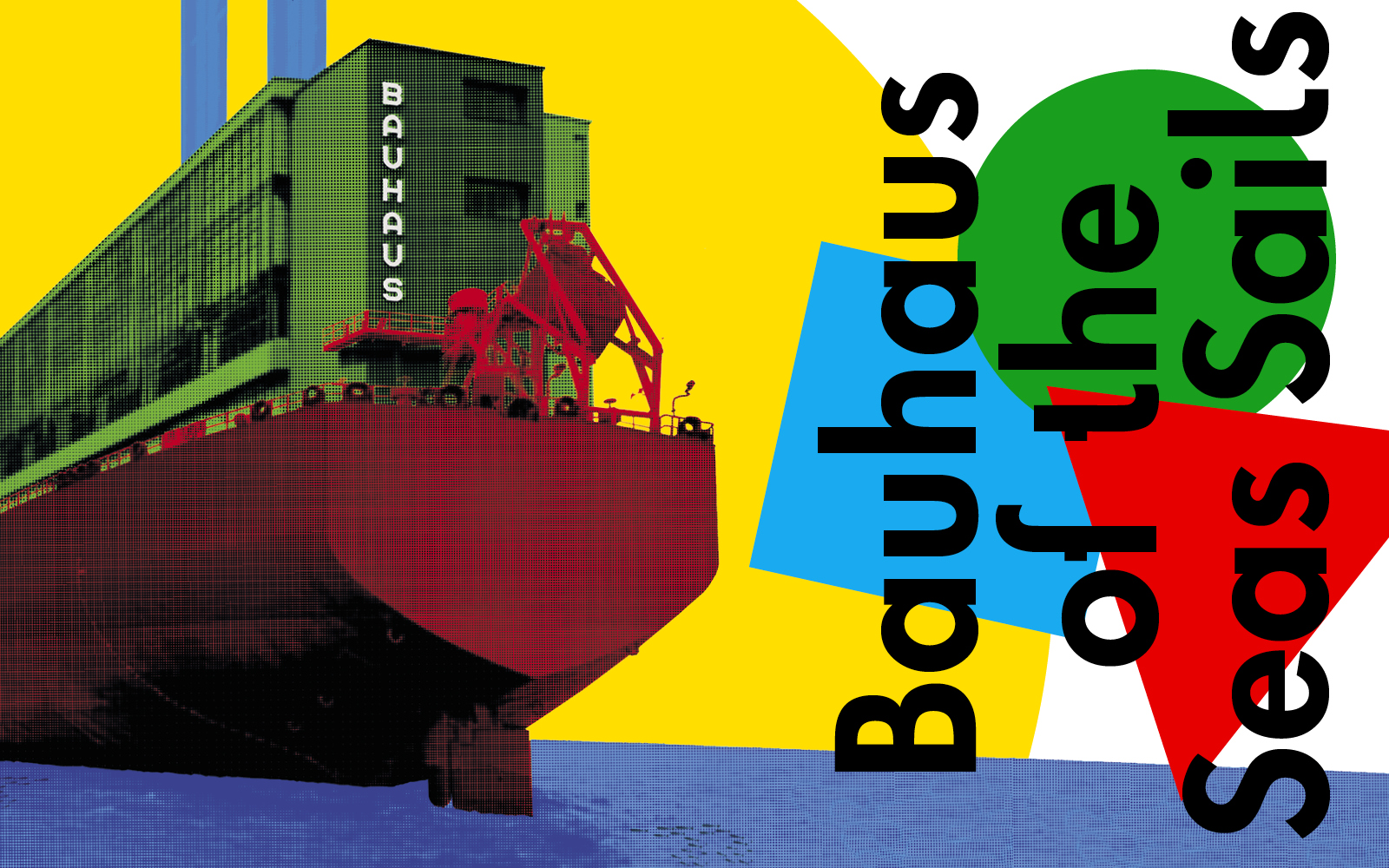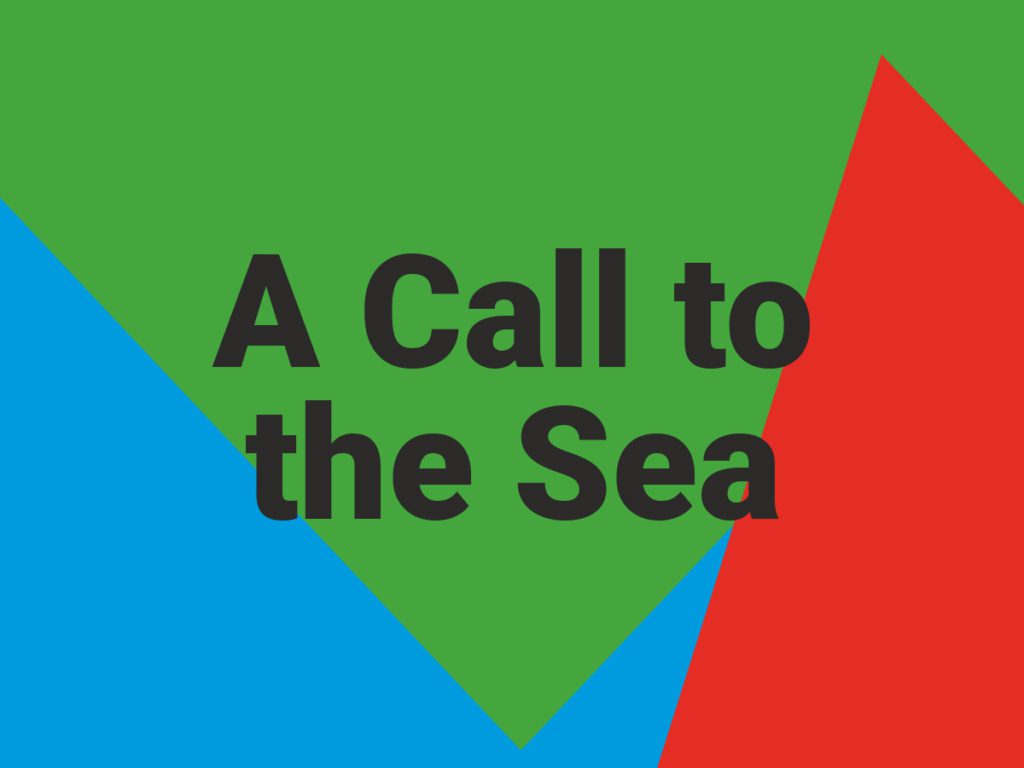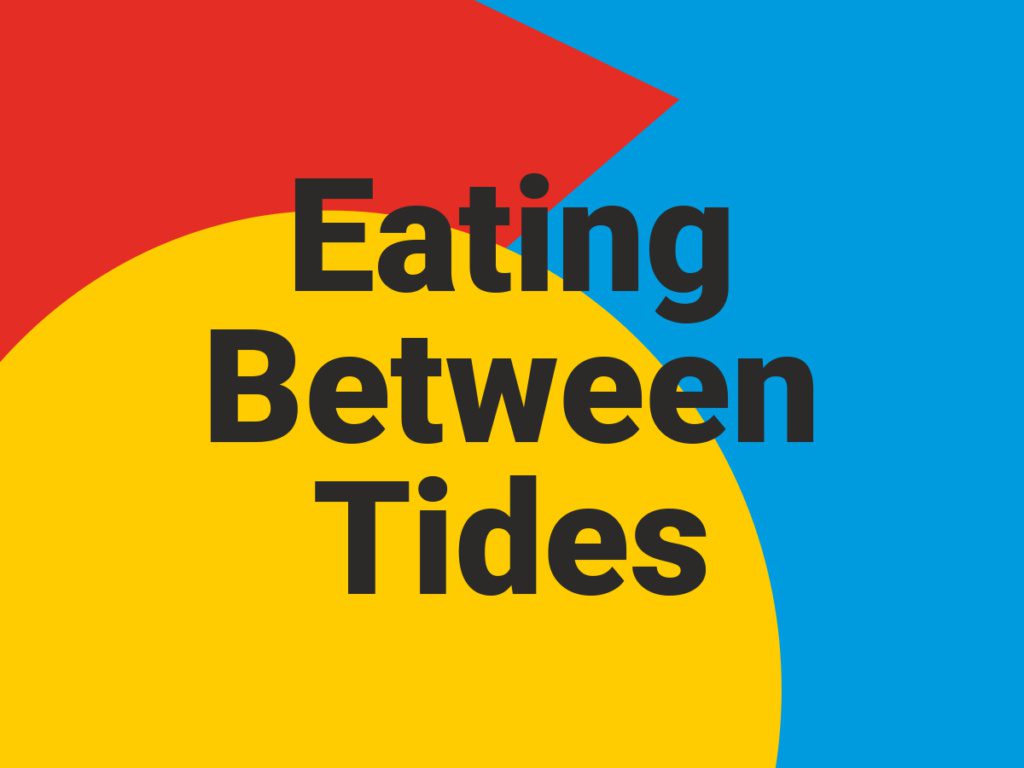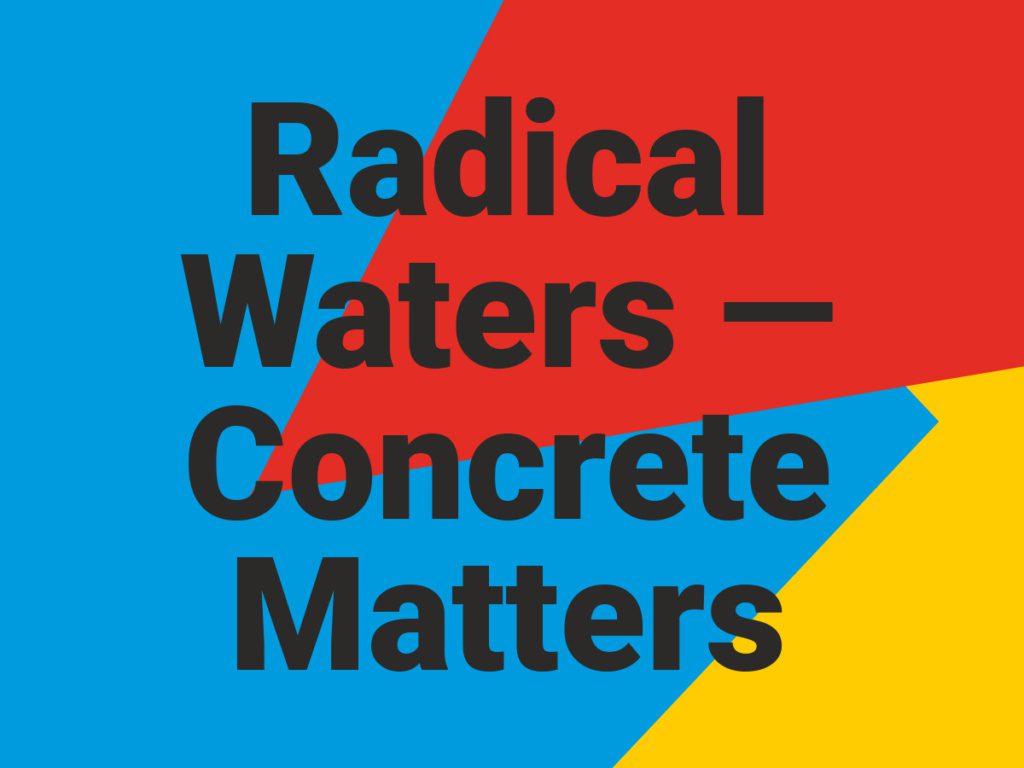The Marina of Oeiras hosted the second edition of the European Researchers’ Night (NEI Oeiras), themed “Empowering Minds: Boosting Research in Citizen Engagement and Schools.” This event, part of a national initiative organised by ITQB NOVA in collaboration with i3S and Ciência Viva, aimed to demystify research and connect the public with science.
A standout moment was the unveiling of the urban art mural “O Voo da Baleia,” created by artists Ester Andrés and Patrícia Mariano, with support from both the Bauhaus of the Seas Sails project, represented by Cristiano Pedroso-Roussado and Frederico Duarte, and the Science + Citizenship programme. This mural encouraged attendees to reflect on climate change and the recovery of oceans and waterways, underscoring the importance of sustainability. The Bauhaus of the Seas Sails project, dedicated to climate neutrality solutions for coastal cities, showcased innovative strategies that align with NEI’s mission to promote community engagement and environmental stewardship, inspiring attendees to adopt sustainable practices in their own lives.
Also featured was the exhibition “Immersion: Video Art in Academic Research,” presented by researchers from ITI/LarSys. This exhibition included a series of immersive videos that tackled pressing global issues such as sustainability, gender, colonialism, and environmental challenges. Each video offered a unique perspective and utilised innovative storytelling techniques to spark discussions about humanity’s relationship with nature and culture.
Among the videos on display were:
“Playground” by Carolina Dias, which offers an immersive experience in the Amazon rainforest through a single long take.
“Witch Ecologies: Paradise Lost, Flora Found” by Catarina Reis, showcasing the contributions of women to botany and medicine in the Middle Ages through performance and AI.
“Terra Australis Ignota” by Jorge Forero, reflecting on the European vision of uncharted territories like Patagonia through visual and sound exploration.
“Forever Young Nature” by Mónica Mendes and Pedro Angelo, presenting fragments of 360º images celebrating nature’s regenerative power.
“Particles” by Lui Avallos, which explores the ephemerality of memory and movement through filmed and digitally produced imagery.
“The Ocean Virus” by Pedro Fontes, a journey through the ocean’s depths, revealing its beauty and fragility threatened by human action.
NEI Oeiras is supported by the Municipality of Oeiras and features activities from various scientific institutions, highlighting research related to the European Union Missions, such as climate change adaptation, cancer, ocean and water recovery, smart cities, and healthy soils. This annual event seeks to engage the public in scientific inquiry and enhance ecological awareness within the community.
